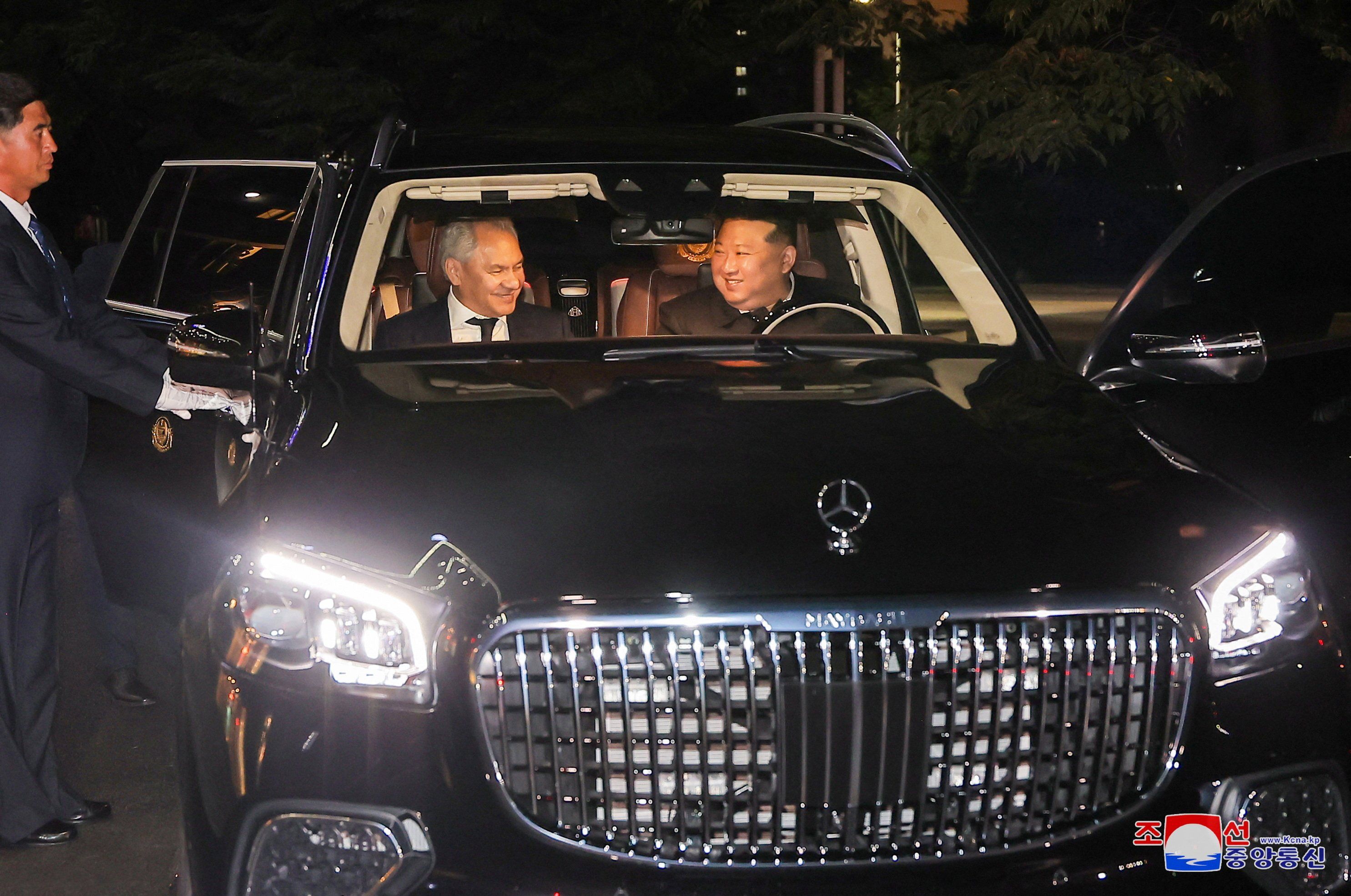Defense Minister Kim Yong-hyun told South Korea’s legislature on Tuesday that Pyongyang was “highly likely” to deploy troops to fight alongside Russia in Ukraine, a serious escalation in North Korea’s support for Russia. Kim also said reports that a Ukrainian missile strike in Donetsk killed six North Korean officers on Oct. 3 were also credible.
The warning comes the day after North Korean Supreme Leader Kim Jong Un called Russian President Vladimir Putin his “closest comrade” in a warm birthday message. The two countries have steadily drawn closer since Russia invaded Ukraine, and they signed a mutual defense pact in June. Pyongyang has been happy to supply war materiel — Western intelligence estimates half of the artillery shells Russia uses in Ukraine are North Korean — but the Korean People’s Army has never deployed abroad.
What could Russia promise in exchange? In January, Kim called to change the North Korean constitution to renounce peaceful reunification with the South and said the army should prepare for “occupying, subjugating, and claiming” Seoul’s territory. On Friday, he said he would use nuclear weapons on South Korea if it used force to encroach on North Korea. It may be easier to make such threats if Kim feels Moscow has his back militarily — maybe by helping with projects like new nuclear submarines, for example.
China, usually North Korea’s great power patron, is displeased with this deepening Moscow-Pyongyang friendship. It has reportedly tried to turn the screws on North Korea by, for example, deporting guest workers, but all that seems to have been achieved is a cooling of bilateral ties, as evidenced by their rote and mild exchange of letters to commemorate the 75th anniversary of ties on Sunday. Eurasia Group analyst Jeremy Chan says the lack of pull is becoming embarrassing for Beijing.
“It’s convenient for Beijing to say ‘What do you want us to do in Ukraine? Even if we turn off our support for Moscow, they're still going to fight that battle.’ but if there is any country in the world in which the Chinese should be able to call their shots, it's North Korea. But Kim is showing that they actually can’t, and North Korean troops in Ukraine will show that Beijing's pressure campaign is backfiring.” he says.
